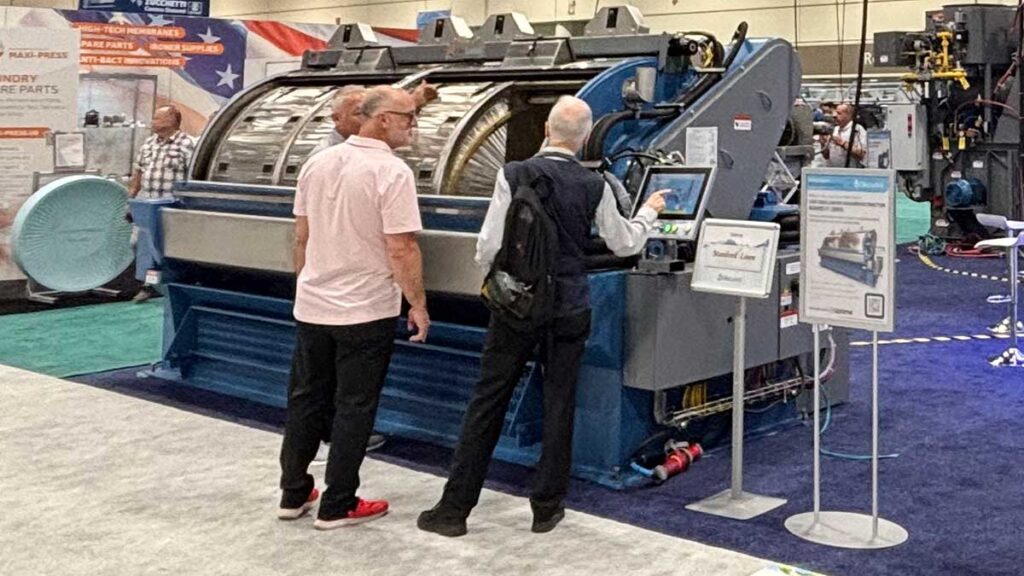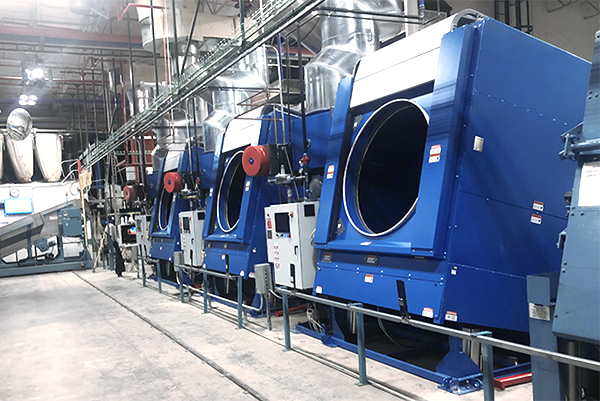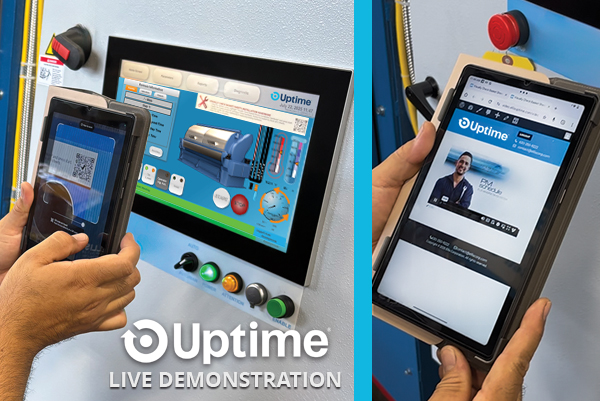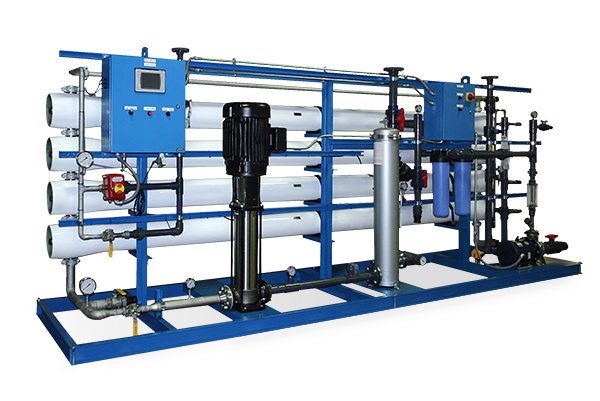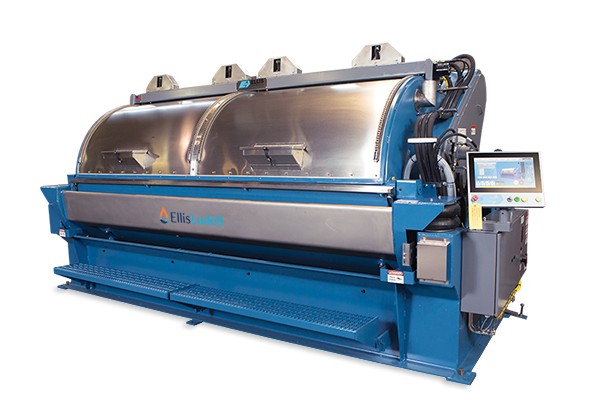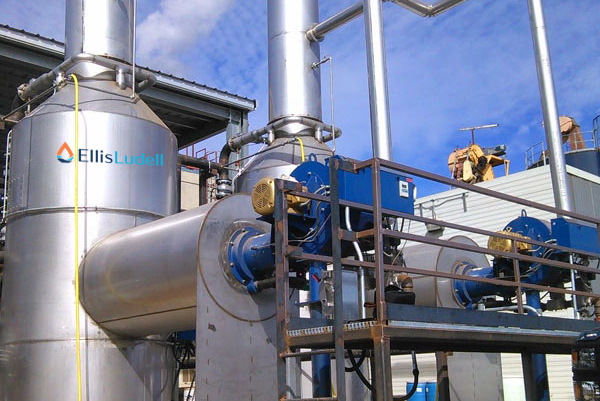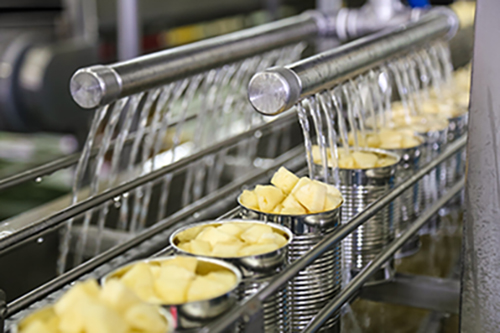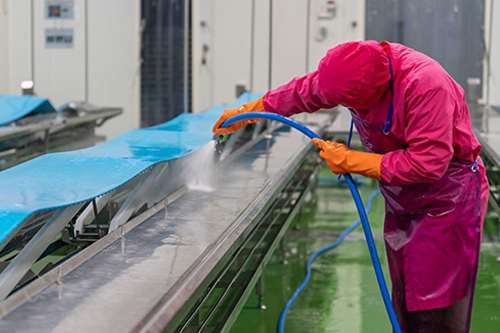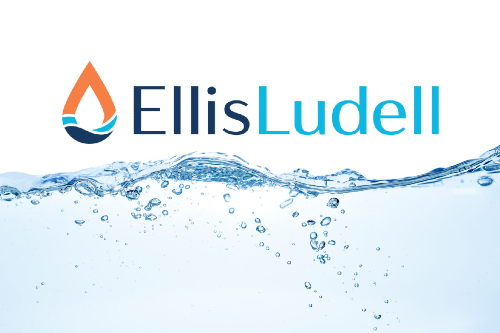INCLINATION TO SAVINGS
The IPC has minimal moving parts and wear components leading to direct O&M savings for the customer.
The Ellis Inclined Plate Clarifier (IPC) offers a large settling surface area in a very small footprint. Unlike the common clarifier, separation of solids is independent of the liquid volume. Instead the clarification is dependent on the available settling surface area.
To maximize the settling surface area the Ellis IPC uses a series of closely spaced inclined plates. The driving force for this separation is gravity acting upon the entrained solids.
HOW IT WORKS
Preconditioned feed with entrained solids enters the stilling chamber removing kinetic energy. All solids begin a downward flow in the now quiescent water. After flowing through the sludge chamber the feed is forced upward through the plates. This is referred to as a counter current flow pattern.
As the flow rises between the plates the heavy solids (with a specific gravity higher than the surrounding water) will settle onto the top surface of the lower plate and slide down the inclined surface to be collected in the sludge hopper.
Clean and clear effluent, flows to the top of the plate area and decants over an adjustable weir. Solids are intermittently discharged from the side of the sludge chamber with an auger. Depending on the application an optional solids recirculation system may be integrated into the design to optimize separation.
Contact Us
We are here to answer your questions about water treatment, water heaters, and/or laundry equipment. Whether you need to replace existing equipment or engineer a whole new solution, contact EllisLudell for a solution right for you.
Related Blogs
Clean Show 2025 Recap: The Sideloader Leads the Way
Clean Show 2025 proved once again that EllisLudell is a force in industrial laundry. From the moment…
Whisper Dryer: Quiet Power That Speaks Volumes
Some dryers make noise. This one makes results. The EllisLudell Whisper Dryer is not just built for…
Uptime® – Equipment That Knows Exactly What to Do
Some machines run. Others think. Then there is the kind that changes how your team works from…
The Smarter Way to Clean Water Starts Here. Where Water Is Not Just Clean, It Is Competitive.
You do not just need water filtration. You need water control. You need fewer chemicals in your…
This Is What Intelligent Laundry Looks Like. Meet the Sideloader Built to Work
Let’s cut to it. You’re not in this industry for fluff. You need machines that show up,…
Why EllisLudell’s Certified DCWH Sets a Higher Standard
See It First at The Clean Show What you’ll see at booth 2811 at The Clean Show…
The Cost of Cutting Corners in Industrial Laundry: What You Risk with a Non-Certified Water Heater
In industrial laundry operations, cost and lead time often drive equipment decisions. But when your water heating…
Certified Water Heaters Protect Temperature and Product Quality in Food Processing
Food safety is not just a priority. It is a requirement that touches every decision you make…
NSF Certification: A Critical Standard for Food Processors
In the food processing industry, water plays a central but often underappreciated role. It supports sanitation, blending,…
Challenges in Operating Industrial Wastewater Treatment Systems
There are major challenges facing operators of industrial wastewater treatment systems that can affect the major overall…

